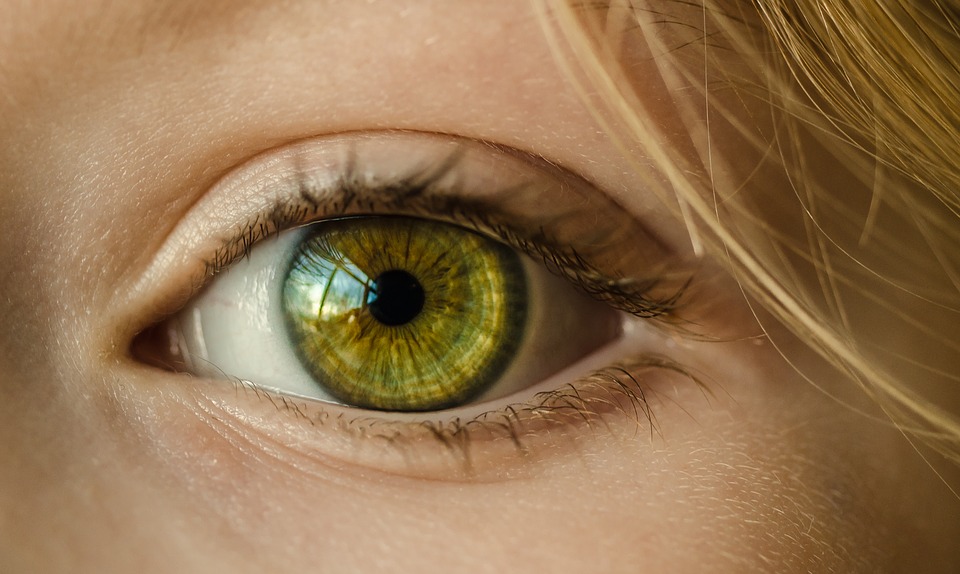
Yesterday I caught a friend saying “His father was a drunk.” Ugh. We’ve all said things like that before, most people wouldn’t think twice about. But he knows better, which is why he’s now mad at himself for the comment. It’s important for us to go out of our way to recognize the humanity of the people suffering from addiction to drugs, alcohol, and other compulsions. Only then can we help each other get better.
A Disease
 The comedian Mitch Hedberg called it right when he said: “Alcoholism is a disease, but it’s the only one you can get yelled at for having. [Expletive] it Otto, you are an alcoholic. [Expletive] it Otto, you have Lupus… one of those two doesn’t sound right.” I realized just how deep this double standard goes when a cousin of mine–who is otherwise only the nicest person in the world–said that they were against donating their liver after they die because they didn’t want an alcoholic to get it. This same person frequently references that alcoholism is a disease, yet treats it with more shame than they would other diseases.
The comedian Mitch Hedberg called it right when he said: “Alcoholism is a disease, but it’s the only one you can get yelled at for having. [Expletive] it Otto, you are an alcoholic. [Expletive] it Otto, you have Lupus… one of those two doesn’t sound right.” I realized just how deep this double standard goes when a cousin of mine–who is otherwise only the nicest person in the world–said that they were against donating their liver after they die because they didn’t want an alcoholic to get it. This same person frequently references that alcoholism is a disease, yet treats it with more shame than they would other diseases.
Still, every addiction to any substance is a disease and should be treated accordingly. Just like you wouldn’t shame someone for needing chemo treatment for cancer, you shouldn’t shame someone for needing heroin detox, either.
Complications
Addiction doesn’t happen in isolation. There are many factors which cause it. In Florida alone, nearly 40 percent of the homeless population with health problems also has addiction problems. Two thirds of prisoners here are suffering from substance abuse. People with depression or anxiety are also more likely to suffer from substance abuse, resulting in a dual diagnosis.
Addiction comes from a combination of nature and nurture. I, frankly, am happy to donate my parts after I die. Even if they were addicted to alcohol, maybe the recipient of my liver was also suffering from a lack of hope. They deserve another chance and I won’t need it anymore after all.
Words are important, and by using more humanizing terms, “addicted” instead of “alcoholic” we put less blame on the person. This creates an environment where it is easier for a suffering individual to get the help they deserve. I don’t always use the right words, but I’m trying and I hope you will too.
To learn more about what options a person suffering from substance abuse in Florida has, call us at (833) 596-3502.






